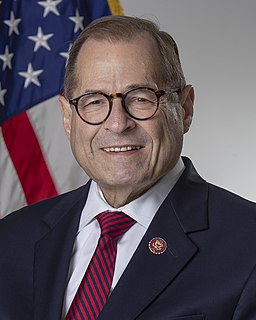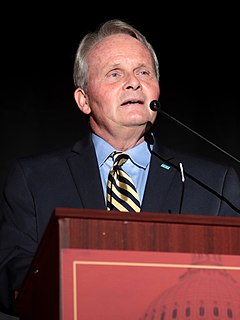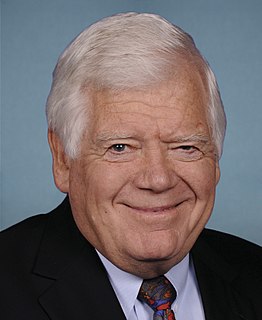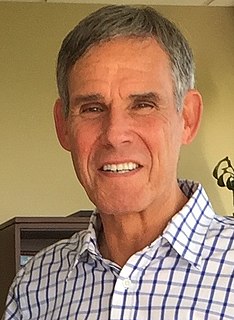A Quote by Valerie Jarrett
Throughout the health-insurance reform process, we have had a frequent and consistent dialogue with the business community - small, medium, and large - to analyze and evaluate the impact that reform would have on them. It has been a very instructive and productive dialogue.
Related Quotes
I feel like it had an impact, in that it started the attention that has been paid to what was happening. It started to get us into this whole conversation about prison reform, the whole bipartisan dialogue that's been happening over the past five, six years about this, where you have a Van Jones and a Newt Gingrich, and you have the Rick Perrys and so forth getting up and talking about the need to reform.
My decision was, and the decision of the different institutions, and the decision of the different officials in Syria - I'm on top of them - was to have dialogue, to fight terrorists, and to reform as a response at the very beginning, response to the allegations, let's say, at that time, that they needed reform in Syria, we responded.
There is much that public policy can do to support American entrepreneurs. Health insurance reform will make it easier for entrepreneurs to take a chance on a new business without putting their family's health at risk. Tort reform will make it easier to take prudent risks on new products in a number of sectors.
I am here for my mother and all the Americans who are forced to spend time arguing with health insurance companies instead of focusing on getting well. I am here for the millions of lives that will be touched and in some cases, saved, by health insurance reform. I am here for the small businesses who are forced to choose between health care and hiring. I am here for the seniors who are unable to afford the prescriptions they need.
Furthermore, we believe that health care reform, again I said at the beginning of my remarks, that we sent the three pillars that the President's economic stabilization and job creation initiatives were education and innovation - innovation begins in the classroom - clean energy and climate, addressing the climate issues in an innovative way to keep us number one and competitive in the world with the new technology, and the third, first among equals I may say, is health care, health insurance reform.
I have stood on the front lines of the health care system as a doctor, patient and concerned parent. Those experiences have served as my guideposts throughout the struggle to reform America's health care system. And it's those same experiences that tell me that fear and election hysteria should not overshadow the reality of reform.
My biggest fear, that 27 percent of Americans under 65 have an existing health condition that, without the protections of the Affordable Care Act, would mean they would - could be automatically excluded from insurance coverage. Before the ACA, they wouldn't have been able to get insurance coverage on the individual market, you know, if you're a freelancer or if you had a small business or the like.



































